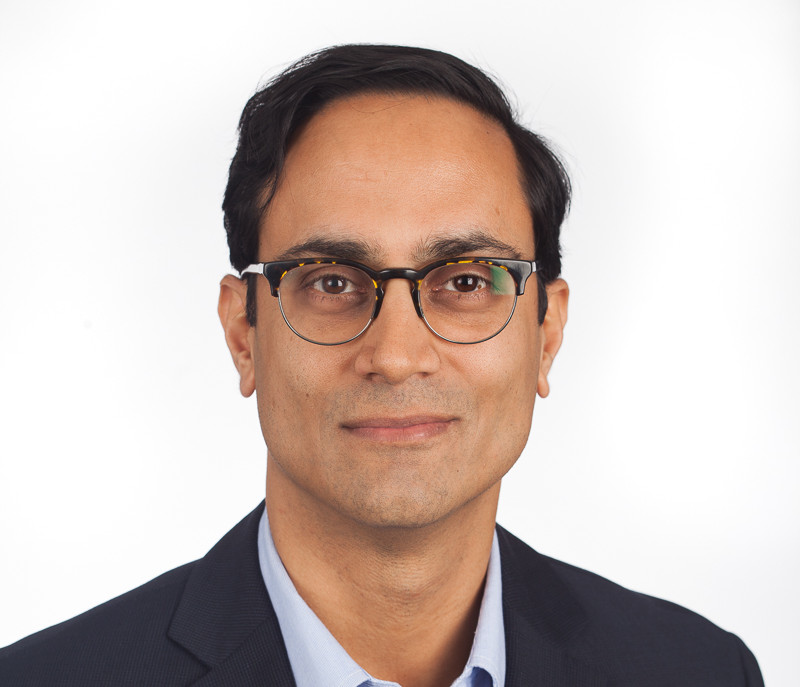The future of young people in Sub-Saharan African economies has been subject to much debate. After over a decade of commodity-driven growth and the development of nascent manufacturing and service industries, there is hope that the rapidly growing youth population can emerge with better opportunities than those of their parents.
Realising this vision, however, requires the confronting many substantial questions. What, for example are the pathways different young people want to take in their working years? What pathways are available to them through existing education and training systems? How do young people internalise policy narratives that encourage entrepreneurship and work? What contextual factors – economic, social, and cultural – need to be understood by international development funders, governments, implementing organizations and civil society actors?
To tackle some of these tough questions, The Mastercard Foundation and the Institute of Development Studies (IDS) have formed the Matasa Fellows Network.
The 2016 Matasa Fellows are the first cohort of early-career PhD students in the fields of economics, political economy, anthropology, sociology, and geography. These ten Fellows were selected from over 200 and they bring their expertise to bear on the broad topic of youth employment in Sub-Saharan African countries. A small writing partnership combined with some time for reflection and collaboration in a group setting is helping these researchers—many of whom are already working on policy —reflect, strategise and hone their work for greater impact. The ultimate goal is for this research to make a meaningful contribution to policy discussions about youth employment within countries and across the region.
Framing the issues, understanding the spaces for action, identifying those with influence, and developing clear roadmaps for implementation – these are the challenges that Matasa Fellows will be taking on through their work.
Next spring, their collected works will form an issue of the IDS Bulletin, the Institute’s flagship journal for development studies.
As they continue with their fellowship, we will be share more from the Matasa Fellows about their experiences.
—
This blog post was originally published on the Mastercard Foundation Website

